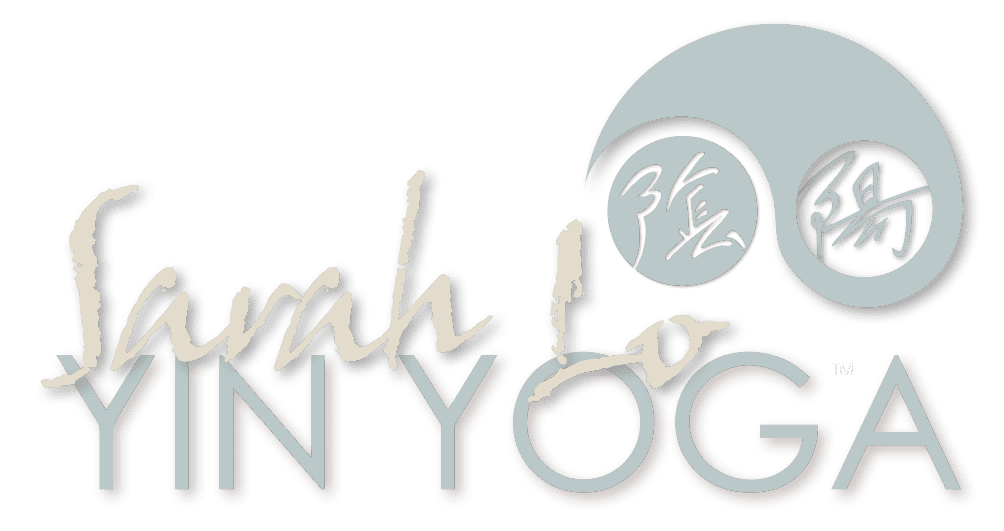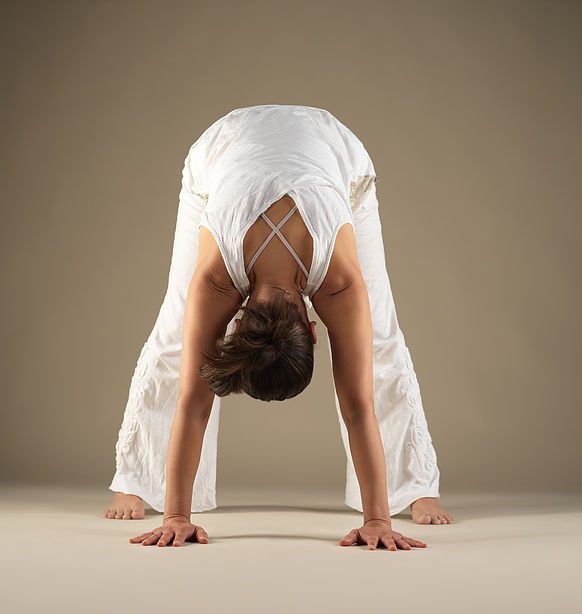Please read these frequently asked questions which can answer almost all of your questions about the Yin Yoga Teacher Trainings before emailing the office. If your question can be answered here, we will direct you here.
Otherwise we will attempt to answer all your questions as soon as we can. email: office@sarahlo.co.uk

